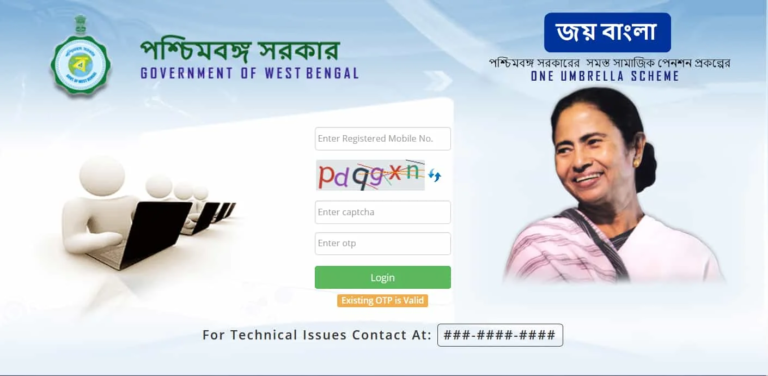Is it Valid to send a legal notice sent through WhatsApp, email?
In the ever-evolving landscape of legal communication, traditional methods of delivering court notices and summonses have undergone a profound transformation, adapting to the digital age. Recent advancements in Indian jurisprudence, particularly decisions by the Supreme Court, have ushered in a new era, allowing for the serving of legal documents through modern electronic mediums like WhatsApp, Telegram, and email.
Legal experts, including Mayank Arora from the Chambers of Bharat Chugh and Ashish Mehta, a Partner at Khaitan & Co, have concurred on the validity of sending and receiving legal notices electronically. Arora emphasizes that while sending legal notices through WhatsApp or other electronic platforms isn’t mandatory, it serves as a proactive means to inform parties of potential disputes or to seek resolution before resorting to formal court proceedings.
This transition towards electronic communication in legal matters gained significant traction, particularly due to the COVID-19 pandemic. High courts and the Supreme Court acknowledged the challenges posed by the pandemic and recognized the validity of serving notices, summonses, and pleadings through emails, faxes, and popular instant messaging services like WhatsApp, Telegram, and Signal. The Hon’ble Bombay High Court even set a precedent by affirming the legality of serving legal notices and summonses via WhatsApp, considering the double tick confirmation as prima facie evidence of delivery.
To regulate this shift, various high courts, such as the Bombay High Court and the Punjab and Haryana High Court, established specific rules and guidelines for electronic service of notices and pleadings. For instance, the Bombay High Court’s Service of Processes by Electronic Mail Service (Civil Proceeding) Rules, 2017, govern electronic service for commercial disputes, ensuring a structured approach to this digital evolution.
However, while embracing electronic means for legal communication, authenticity remains a primary concern. Ashish Mehta highlights the necessity of verifying electronically received notices by cross-checking official contacts, email IDs, websites, URLs, and any associated logos.

Regarding limitations on electronic service, legal experts hold divergent opinions. Mayank Arora notes that in criminal matters, court summons are mandated by Sections 61 and 62 of the Code of Criminal Procedure, 1973, to be personally served by police officers or public servants. However, exceptions exist, such as in cheque bounce cases under the Negotiable Instruments Act, where electronic service of summons is permissible due to their quasi-criminal nature.
Contrarily, Sushmita Gandhi contends that all legal notices or court summons can be sent via electronic modes, citing Order 5 Rule 9 of the Code of Civil Procedure, 1908, which allows transmission through fax or electronic mail services, subject to high court rules.
Nevertheless, it’s imperative to note that each court may have its specific rules governing the service of legal documents. The Bombay High Court’s guidelines, for instance, may direct courier services for delivery, requiring the sender to file an affidavit of service post-delivery.
The legal community’s varying perspectives underscore the ongoing evolution in electronic communication within India’s legal framework. While the acceptance of digital platforms for serving legal notices represents a significant milestone, the need for clarity and standardization remains essential for seamless integration into legal proceedings.
In summary, the transition towards electronic service of legal notices through WhatsApp, email, and other digital means reflects the legal system’s adaptability to contemporary communication methods, signaling a progressive step towards a more efficient and accessible judicial process.





